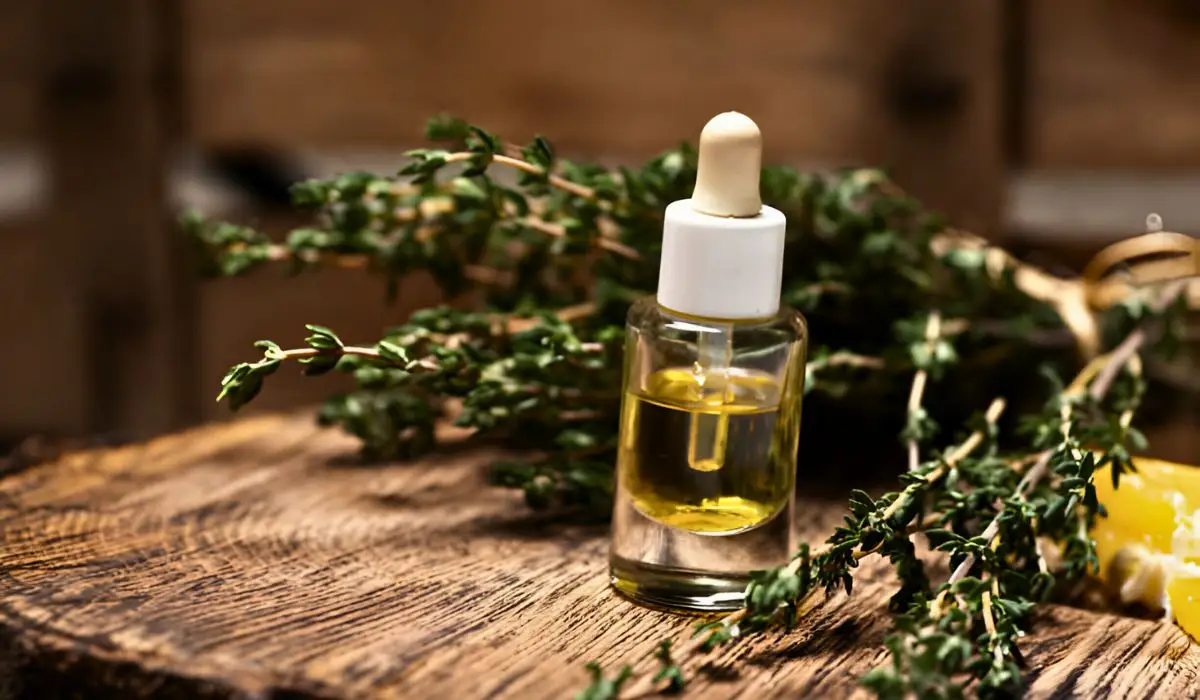Do you ever walk past someone and catch a whiff of an intoxicating fragrance that makes you turn your head? There’s something magical about a memorable scent that can transport you to another time and place. As Eleanor Roosevelt once said, “A woman’s perfume tells more about her than her handwriting.”
So are you looking to create signature scents that reflect your essence or craft personalized perfumes as gifts for loved ones? Then you should explore the world of essential oils for perfume making. With hundreds of plant-based essential oils to choose from, the options are dizzying in the best possible way.
So, in this post, we will try to help you out by listing the top five commonly chosen and crowd-favorite essential oils for perfume making. From sultry to bright to musky and more, we’ll uncover answers to questions like which oil is best for perfume making. We will also look at how to use essential oils for perfume to pair them perfectly together.
Along the way, you’ll pick up tips for making your perfume oil blends with staying power. So let’s take a sensory journey into the science, art, and joy of crafting custom scents!
What Are Essential Oils?

Before diving into the top essential oils for perfume making, let’s start from the first. What are essential oils?
Distilled from plants, essential oils capture the plant’s fragrance compounds. So in the case of lavender oil, those refreshing floral and herbaceous notes your nose detects are from lavender’s natural chemicals.
Artisan perfume-makers prize essential oils for their complexity, longevity, and authentic aromas. But don’t just believe what I say. Research shows that more people perceive essential oil perfumes as “true to life” over synthetic fragrance oils made in labs.
Another signature trait of essential oils? Their staying power. While alcohol-based perfumes and fragrances with synthetic ingredients tend to fade faster on the skin, essential oil compounds interact smoothly with one’s body chemistry. This means a few dabs of your custom essential oil blend can last for hours. Some might even hang around all day like a charming uninvited guest!
Top 5 Essential Oils Used For Perfume Making
Now for the fun part – exploring aromatic essential fragrance oils with notes made for perfume crafting! Here are five of my must-have ingredients with distinctive personalities:
1. Bergamot Essential Oil: A Citrusy Crowd Pleaser
With its vibrant yet mellow citrus-floral aroma, bergamot essential oil kicks off our list as a top note. Bright and uplifting with a mood-boosting quality, bergamot mixes well with other notes. Use sparingly at first, as a little of this essential oil goes a long way. Bergamot adds a lively opening act to perfume oil blends.
2. Ylang Ylang Essential Oil: Exotic Florals with Staying Power
Often described as “romantic” and “otherworldly,” the sweet, heady florals of ylang-ylang offer medium staying power. This essential oil acts as a fixative, helping anchor other light, volatile top notes. Ylang-ylang smooths out sharp edges, working in harmony with spice and citrus scents. Its exotic vibe makes it a signature in countless famous fragrances.
3. Patchouli Essential Oil: An Earthy, Sensual Bottom Note
No list of essential oils for perfume making is complete without the hippie chic patchouli. While often misjudged as stinky oil, high-quality patchouli lends deep, musky earthiness with hints of sweet honey. This base note oil gets better with time, releasing its sensual aroma the longer it sits on the skin. Blend with lighter citrus and floral oils which play off patchouli’s grounding force.
4. Frankincense Essential Oil: A Mystical Middle Note
Used since ancient times in spiritual ceremonies, frankincense emits woody, balsamic hints of spice and citrus. This rich, slightly sweet essential oil acts as a mid-note binding top and base notes. Add it to blends for a centering, meditative quality. Frankincense smooths out and enhances more assertive fragrances.
5. Rose Essential Oil: The Iconic Queen of Flowers
No blog post on essential oils for perfume making is complete without the regal rose. As one of the most recognized and beloved flowers, gentle drops of rose otto essential oil impart deep, sweet honey with light spice. Transportive with outstanding longevity, Rose doubles down on its royal status by mixing with virtually all notes. From citrus and herbs to woods and resins, royally blend rose oil as a top, middle, or base note.
How to Use Essential Oils for Perfume Making?
Now for the best part – experimenting with essential oil blends! Let’s find out how to use essential oils for perfume to create the perfect balanced fragrance. While mixing fragrance oils is part of science, don’t forget the art. Have fun as you waft different combos under your nose and discover what speaks to you.
Here are a few handy guidelines for blending signature scents:
- Start with drops – 2-4 drops of lighter top notes and no more than 1 drop of base notes like patchouli
- Let it sit – Give your recipe time for the notes to meld before adding more
- Mix memory triggers – Combine nostalgic essential oils that spark happy memories
- Try unexpected pairs – Dare to blend unusual yet harmonizing scents
- Note how it evolves – Test how the scent morphs on testing strips first
As with cooking and alchemy, trust your senses to guide you. Does your blend need more sultry base notes or brighter top notes to balance it out? Smell deeply and let your olfactory system lead the way to crafting custom scents.
Also Read: Essential Oils For Male Hormone – Effects On Testosterone
Conclusion: Your Signature Scent Awaits
There you have the sensorial world of essential oils for perfume-making! From lively citrus and exotic florals to earthy, musky bases, you now hold the key ingredients for crafting signature scents. Trust in your nose, have fun experimenting, and you’ll soon leave memorable fragrances behind you wherever you go.
So which essential oils are you most excited to try? What do notes speak to your personality? And what interesting personas might your perfume magic create? The possibilities are as endless as the sense of smell itself.

